February 24 – February 28, 2025
In conjunction with National Invasive Species Awareness Week, Governor Bob Ferguson proclaimed February 24 – February 28, 2025 as Washington Invasive Species Awareness Week to educate all Washingtonians and find preventative solutions for invasive species.
Additional Resources
Join the Fun!
Events
The week’s activities mostly were virtual and celebrated the regions of Washington State. Each webinar highlighted critical work being done in a different part of the state.
- February 24 – Safeguarding the Olympic Peninsula From Noxious Weed Impacts Webinar (Link to recording)
- February 25 – Japanese Beetle in South Central Washington (Link to recording)
- February 26 – Cooperative Response to Washington’s European Green Crab Emergency Webinar (Link to recording)
- February 27 – Invasive Freshwater Mussel Imminent Threat and the Columbia River Basin Fish and Wildlife Program Amendment Process Webinar (Link to recording)
- February 28 – Protecting Native Pond Turtles: Bullfrog Removal Webinar (Link to recording)
Partner Events
National Invasive Species Awareness Week
Simple Actions
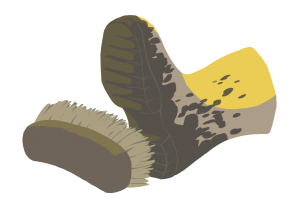
Being alert and reporting suspected problems is just one action that anyone can take. Other simple actions to prevent and stop invasive species include the following:
Clean hiking boots, bikes, waders, boats, trailers, off-road vehicles and other gear before venturing outdoors to stop invasive species from hitching a ride to a new location. Learn about pathways that spread invasive species.

When taking a walk, look out for noxious weeds. Visit the Washington State Noxious Weed Control Board’s website to learn about noxious weeds. If one is spotted in the neighborhood, notify the county noxious weed control board.
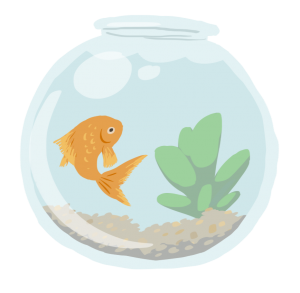
Dispose of unwanted pets, aquarium plants and water, science kits and live bait the proper way and NOT by dumping them into waterways. Released pets often suffer slow deaths in winter or may become invasive and damage wildlife and crops. Visit the council’s Don’t Let It Loose webpage to learn the proper ways to dispose of unwanted pets and plants.
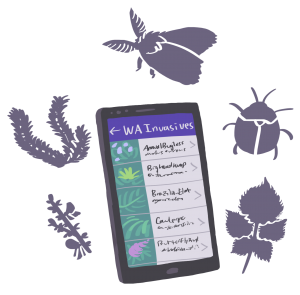
Download the WA Invasives mobile app to be ready to report sightings of invasive species. Learn about the council’s top priorities.
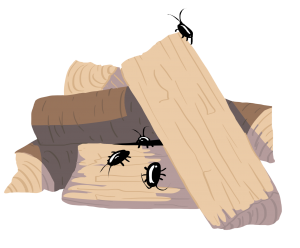
Buy firewood where it will be burned or gather it on site when permitted. Remember not to move firewood from the local area where harvested. Learn more about the potential dangers of moving firewood.
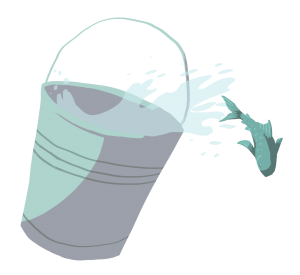
Protect salmon and steelhead by not moving any fish from one waterbody into another. This will prevent the spread of fish diseases and protect salmon and steelhead from non-native, predatory fish. Visit the Washington Department of Fish and Wildlife’s website to learn more about moving fish.
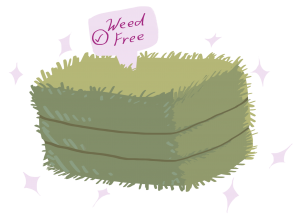
Use weed-free, certified forage, hay or mulch. Visit the Washington Department of Agriculture website to see details of its certification program.
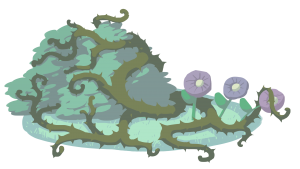
Plant only non-invasive plants in your garden and remove any known invasive plants.
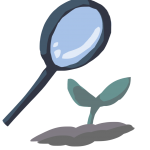
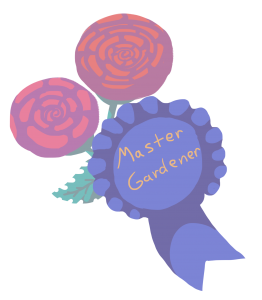
Become a Washington State University Master Gardener and help the community identify, report and properly manage exotic and invasive pests.
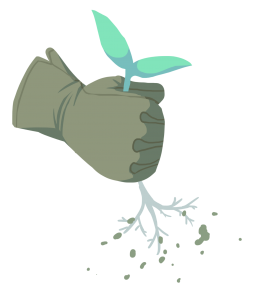
Volunteer to help remove invasive species from public lands and natural areas. Contact the local state, county, or city parks and recreation department, land trust, conservation district, or Washington State University’s Extension Office to learn more.
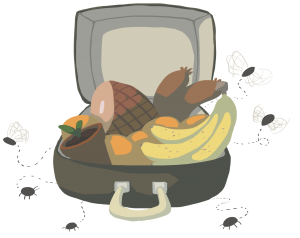
Don’t pack a pest. When traveling internationally, review travel guidelines on items that should not be brought back to the United States. Learn more about Don’t Pack a Pest.
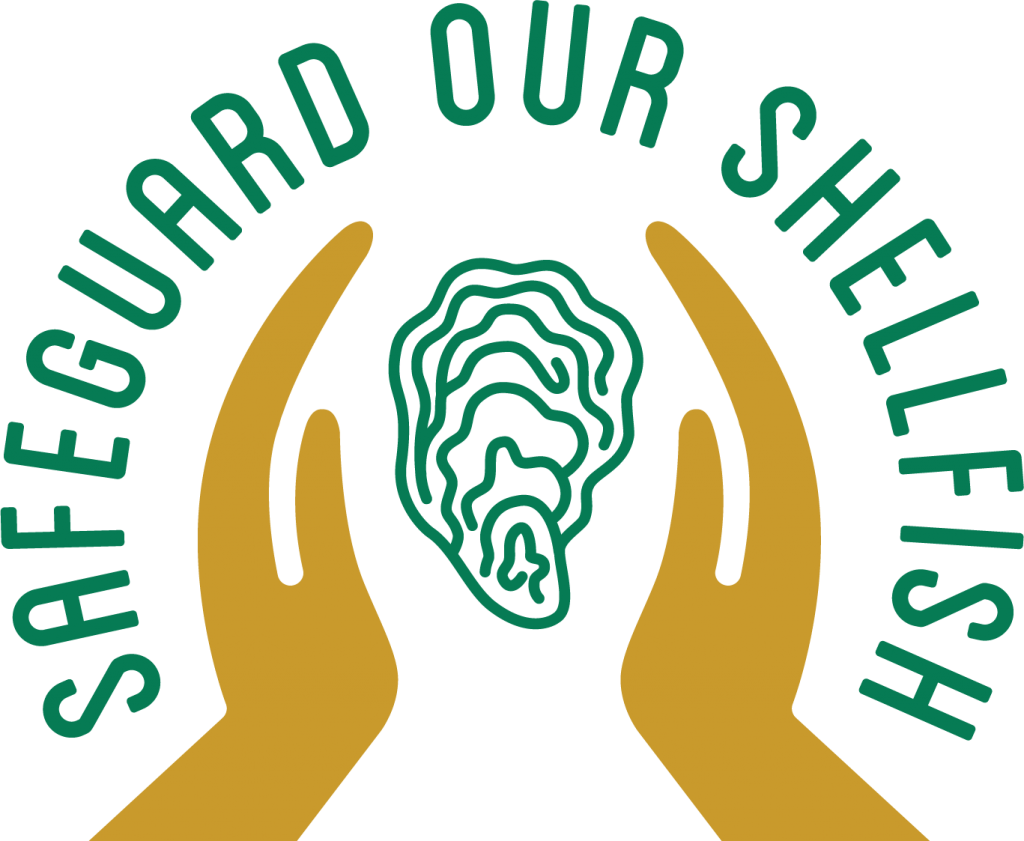
Shellfish are at risk from infectious diseases and invasive species. Never move shells or shellfish without a permit from the Washington Department of Fish and Wildlife.
See more solutions for preventing the spread of invasive species.